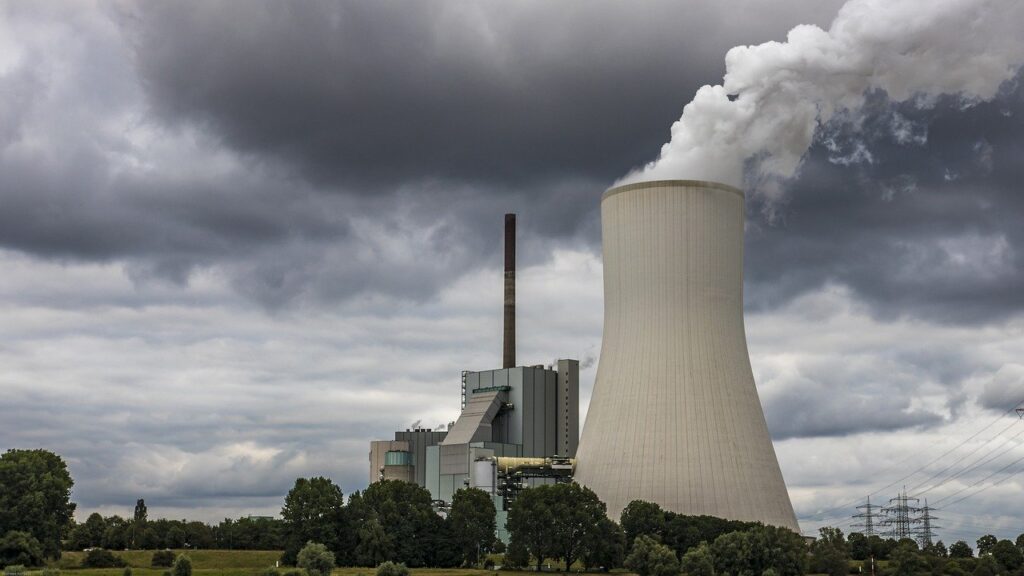
In 2019, more than one hundred Harrisites took part in the New York City Climate Strike to protest the lagging action of world leaders in hampering the climate crisis. We continue to see this trend of young people taking initiative on the climate crisis today with the estimated 30 Harrisites who attended last month’s Fridays for Future protest at Brooklyn Borough Hall. A movement that found its origins in youth activism, the demonstration is emblematic of our generation’s mounting existential anxieties and its strong commitment to effectuate sustainable change.
Though impactful, more can be done so that the impact of the strike occupies a more permanent place in student’s lives beyond a singular annual event. Education is the most powerful mechanism we can use to inspire students to play a role in the fight against climate change as well as spark fresh ideas on how society can achieve an environmentally-friendly lifestyle. THHS should aim to nurture a sense of environmental awareness in its student body by integrating informed dialogues about climate change into classes.
Climate change should be further woven into the curricula of the appropriate classes through deep discussion and research. In addition, electives specifically devoted to environmental topics should be promoted to the student body more. Not only is climate change a time sensitive issue that requires our immediate attention, education is an imperative tool in imbibing environmental literacy and further empowering young activists in pursuing their goals.
Though core requirements and standardized exams may pose some time limitations as to how much time is devoted to the subject, climate change can still be taught in classes if teachers find a way to connect the required curriculum topics to the issue. For example, biology classes that discuss aquatic biomes can address the direct effect climate change has on marine ecosystems and life, including coral bleaching and the destruction of breeding grounds for fishes. This also applies to other classes where environmental discussions may take a more interdisciplinary form such as social studies, where a topic of discussion may include making connections between environmental racism and climate change.
Students can’t take action on something they are not aware of. Gaining information on climate change will make students feel more confident to voice their opinions and ideas on the issue, and education is the key to being proactive. While some educators may feel as if these discussions will take away from the necessary curriculum, it would actually help bridge the gap between climate change and a variety of environmental issues. These discussions can bring awareness to how much of an impact climate change has on other aspects of our ecosystem and humanity as a species.
THHS should work towards having more classes incorporating climate change and environmental ethics and shine light on those classes. There’s no doubt that the young generation wants to get involved in the climate crisis, but there is still a lot of room for growth. Although virtually all students acknowledge climate change, whether they understand the severity of it let alone know how they can help is definitely not the case for everyone. What all us students need is a little more guidance, something to get us going in the right direction. Because the truth of the matter is that our future depends on us taking action.



























